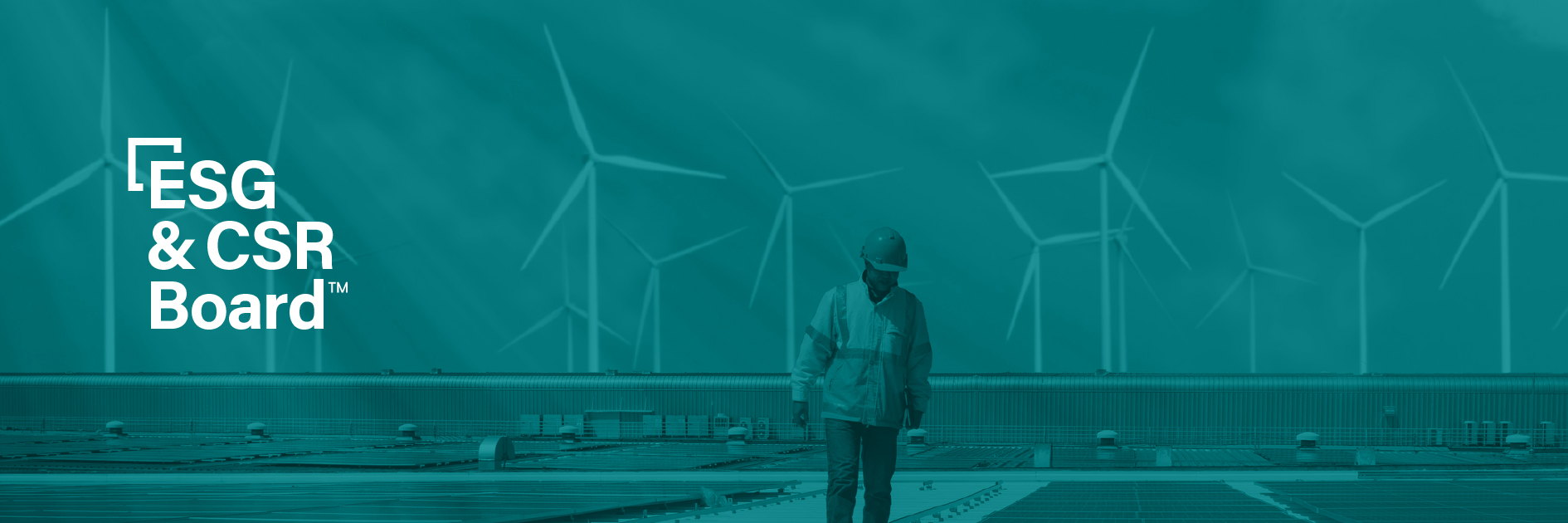Globally, corporate commitments to transition to renewable energy have grown exponentially.
Today, nearly 400 RE100 companies — a global corporate renewable energy initiative — have committed to going 100% renewable by at least 2050. This list includes major corporations such as Apple, General Motors, Nike, and Unilever, to name a few.
From 2017 to 2021, U.S. companies almost quadrupled their renewable electricity contracts, according to the World Wide Fund for Nature.
But obstacles continue to emerge for sustainability and ESG leaders working to achieve this transition toward renewable — in part caused by the surge of companies aiming to make the exact same shift.
Insufficient supply of credits and excess demand for Virtual Power Purchase Agreements [VPPAs] and Renewable Energy Certificates [RECs], regulatory bottlenecks, trade frictions, supply chain issues, and more have created major challenges for companies working to decarbonize.
These obstacles hold the potential to extend project timelines, surpass budgets, and slow growth at a time when the public has called for the expansion of clean energy.
As a corporate sustainability leader, how can you navigate this volatile market? Let’s dive into the issues.
Understanding the current market challenges
It’s no secret that a broad range of business sectors have been struggling with unprecedented supply chain issues following the onset of the coronavirus pandemic, to which the renewable energy market has not been immune.
A Reuters article states that prices for wind and solar power spiked nearly 30% in 2022 as developers struggled with chaotic supply chains and increasing operational costs, citing a report from LevelTen Energy, a provider of renewable transaction infrastructure.
“There’s just intractable problems right now with our supply chain,” Reagan Farr, Chief Executive of U.S. Solar Developer Silicon Ranch, said in the article.
LevelTen Energy’s quarterly index reflects a 28.5% jump in contract prices for renewables in North America, where developers are struggling to keep up with solar and wind projects.
The 2022 report states VPPA prices rose 9.7% in the first quarter alone reaching nearly $40 per megawatt hour. This has led to a shortage of power purchase agreements for enterprises and other major buyers.
According to LevelTen Energy, the cost models used to price VPPAs are becoming unwieldy. Gia Clark, Senior Director of Developer Services said in the report that risk is involved in every aspect of project development, but today it feels particularly high-stakes.
“Developers must factor these complexities and uncertainties into purchase power agreement offers to safeguard their project success, as well as their business’s long-term financial security,” Gia said.
However, COVID-19 and unmanageable supply chains are not solely to blame for soaring renewable energy prices, according to a recent survey by LevelTen Energy. Among interviewed developers, grid connection delays and permitting challenges were the top two factors impeding development in high-demand regions.
“Permitting and interconnection are becoming increasingly costly and difficult in many U.S. markets, which creates a bottleneck, constraining supply and putting upward pressure on prices,” the report states.
Project developers are also facing a number of regulatory hurdles throughout the country.
Keeping your foot on the gas
Although the price of renewable energy has increased, VPPAs remain a strong tactic for companies working to decarbonize.
As a result, thus far, the high prices have not lessened demand. According to a LevelTen Energy survey, 75% of energy and sustainability advisers said their clients have increased or maintained their procurement plans.
LevelTen’s report suggests organizations should not refrain from acting on sustainability commitments, as the organization anticipates a “seller’s market” to persist.
“If climate and right-to-operate risks weren’t already lighting fires under executive teams, the financial incentives for locking in the best projects now should be the catalyst for action,” the report states.
In the ESG & CSR Board, some corporate sustainability leaders have sought pre-approval from their C-suite so they can rapidly confirm projects. Others have leveraged third-party consultants such as LevelTen, Schnieder Electric, or others, to source renewable energy opportunities.
If climate and right-to-operate risks weren’t already lighting fires under executive teams, the financial incentives for locking in the best projects now should be the catalyst for action.
LevelTen Energy
While many in the industry are hopeful these development burdens and supply chain issues will be addressed, it’s clear the renewable energy market mess won’t be solved overnight.
As an ESG or sustainability leader, navigating this uncertainty on your own can be a huge challenge. Consultants may serve a valuable role in your decarbonization efforts, but other sustainability leaders like you are the ones who truly understand the complexity of tackling these projects.
The ESG & CSR Board is the confidential and vendor-free community for ESG, sustainability, and social impact leaders at large companies. When you’re a leader in a rapidly evolving industry, you need a group of peers to help you gain clarity.
Interested in learning more about the ESG & CSR Board?
Get in touch


